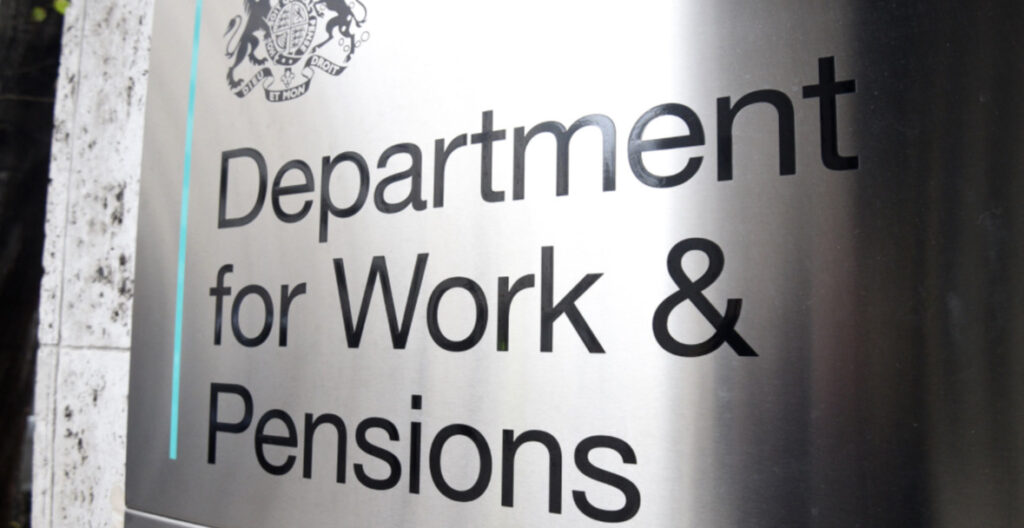Labour’s proposed reductions in benefit spending could potentially soar to £5 billion, as Chancellor Rachel Reeves contends with ministerial debates in preparation for her forthcoming spending review.
Liz Kendall, the head of the Department for Work and Pensions (DWP), is reportedly advocating for increased funding for back-to-work programmes aimed at the long-term ill, arguing that such investments will eventually become self-financing.
However, amidst growing pressures to enact substantial departmental cuts, government insiders suggest that a reduction of £5 billion is the most probable scenario, although proposals for cuts exceeding £10 billion have also been discussed, according to The Times.
This financial tightening is further complicated by calls from the US for heightened defence spending following President Donald Trump’s aggressive stance on the Ukraine conflict, pushing European nations to aim for a defence budget of 5% of GDP, compared to the UK’s current 2.3%.
Previously, Labour committed to maintaining the former Conservative government’s spending targets while planning to reduce the welfare bill by £3 billion. Now, it seems this figure might represent the minimum expected cut, with potential reductions escalating further.
Kendall has expressed concerns over the “spiralling inactivity” within the labour market, highlighting that between October and December of the previous year, 2.7 million people were unemployed due to long-term illnesses, including 270,000 young individuals sidelined by mental conditions—a 26% increase from the previous year.
She cited a DWP-commissioned survey which found that about a third of those on health and disability benefits are keen to work, indicating a failing benefits system for those with mental health issues seeking employment.
Despite these intentions, leading disability charities like Scope have voiced concerns. James Taylor, Scope’s executive director of strategy, emphasized the dire consequences of such cuts, stating, “The Chancellor has a choice – to cut benefits and plunge more disabled people into poverty, or invest in an equal future for disabled people.”
The DWP plans to soon publish a green paper detailing further plans, which is expected to include changes to the assessment processes for health-related benefits, including the contested work capability assessment—a crucial determinant of a claimant’s eligibility for health-related benefits.
Changes are also anticipated in the personal independence payment (PIP) scheme, a benefit aimed at assisting individuals with long-term illnesses in managing additional living costs.
Despite a rise in PIP claims during the Covid pandemic, with a 400,000 increase in the past year, the process remains fraught with challenges, involving extensive paperwork and often stressful assessments.
As discussions continue, there is also unease among MPs regarding Labour’s decision to uphold the two-child benefit cap, with rumours of potential adjustments to allow a three-child cap as part of efforts to retain some of the anticipated £2.5 billion savings, Politico reports.


